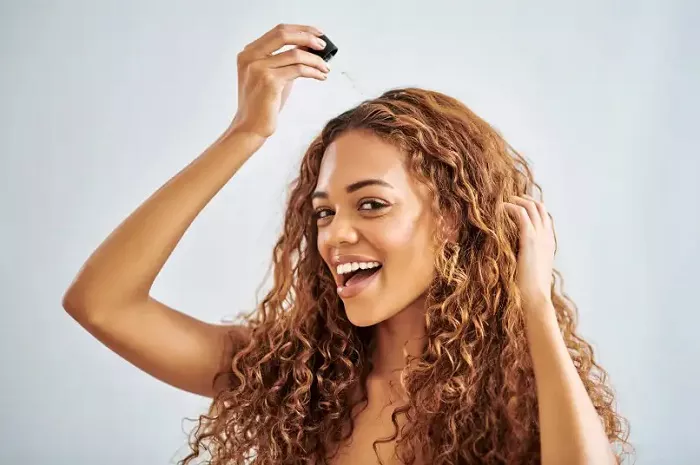Chandigarh, May 21, 2025 — The Punjab and Haryana High Court has denied anticipatory bail to a social media influencer accused of causing severe skin and eye reactions in dozens of people with his homemade herbal hair oil, used during a promotional event in Sangrur. In a pointed and philosophical ruling, the court referenced Shakespeare to highlight society’s growing fixation on physical appearance.
Justice Harpreet Singh Brar rejected the plea filed by Amandeep Singh, a self-described hair stylist with nearly 87,000 followers on platforms such as Facebook and Instagram. Singh faces charges under Section 124 of the Bharatiya Nyaya Sanhita (for voluntarily causing grievous hurt using harmful substances) and Section 7 of the Drugs and Magic Remedies (Objectionable Advertisements) Act, 1954.
According to the FIR filed on March 17, Singh had organized a promotional camp at the Kali Mata Temple in Sangrur a day earlier, where he sold sets of his untested herbal hair oil and shampoo for ₹1,300. The event drew around 500 attendees, many of whom were reportedly promised a cure for baldness.
The complainant, who applied the oil as per instructions, suffered severe facial swelling and eye irritation shortly after rinsing it off. Upon visiting the Civil Hospital in Sangrur, he discovered that over 60 others were being treated for similar symptoms. A May 8 status report submitted by the State revealed that 71 individuals were diagnosed with severe contact dermatitis, and in some cases, conjunctivitis, attributed to an irritant in the oil.
Singh’s legal counsel argued that the adverse effects were a result of users not following directions properly. He maintained that Singh had helped many users improve their hair health through his homemade formula.
However, Justice Brar dismissed these arguments, sharply criticising the influencer’s unverified claims and the wider culture of digital beauty marketing. “Love looks not with the eyes, but with the mind; and therefore is winged Cupid painted blind,” he quoted from A Midsummer Night’s Dream, underscoring the danger of placing blind trust in appearance-driven promises.
The court warned against the influence of what it called “internet-famous, unqualified quacks” who exploit personal insecurities, stating that such individuals contribute to unrealistic beauty standards that harm mental well-being—particularly among young audiences.
Justice Brar stressed the need for rigorous testing before any health or cosmetic product is brought to market. “Advertising a product making tall, misleading claims, without any scientific evidence or clinical testing to back it up, must be strictly condemned,” the order stated.
Emphasizing the State’s responsibility to safeguard public health, the court concluded that the gravity of the incident and the number of victims warranted no leniency. The bail plea was therefore dismissed, with the judge asserting that public accountability must take precedence over personal branding.
The case serves as a stark reminder of the importance of hair health advice grounded in medical science, not online trends, and highlights the growing need for regulatory vigilance in the influencer-driven wellness industry.
Related Topics:
- Hair Surgeon Warns Against Harmful Habit Behind Hair Thinning
- Nightly Hair Styling Habits Linked to Hair Loss in Women Over 60, Experts Warn
- Hair Oiling: Ancient Ritual or Modern Must-Have?


